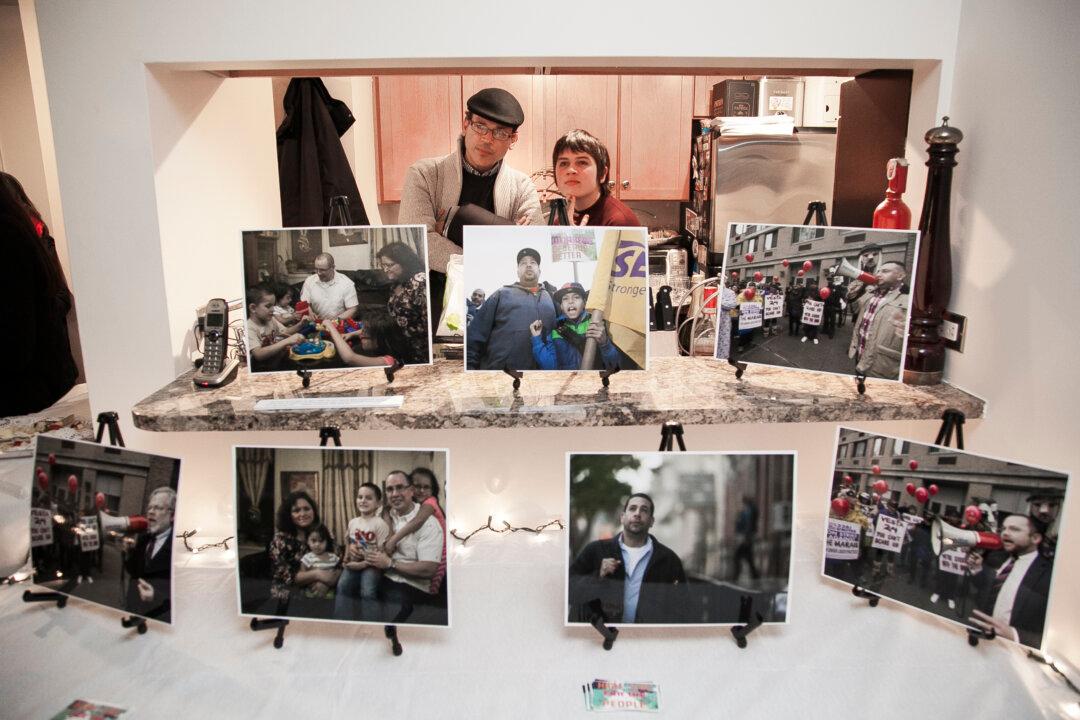NEW YORK—Ten years ago, Manny Vasquez began working at The Marais, a condo-cooperative building located under the High Line park.
Built in 2003 on a ground lease, it was the first development following a 1999 residential rezoning of West Chelsea. It is one of many high-end residential towers that line the edges of the elevated 1.45-mile-long park.
As a concierge, Vasquez helped create a warm and inviting atmosphere, and the residents—interesting, friendly, and open people—felt right at home.
Vasquez said the residents’ comments always stuck with him. Near the beginning, there was one particular interaction with a tenant who lived at a doorman building on the Upper West Side before moving to Chelsea. “He said, ‘I like living here. It feels so relaxed, I feel at home. Before, it was like I was checking in and out of a hotel.’”






